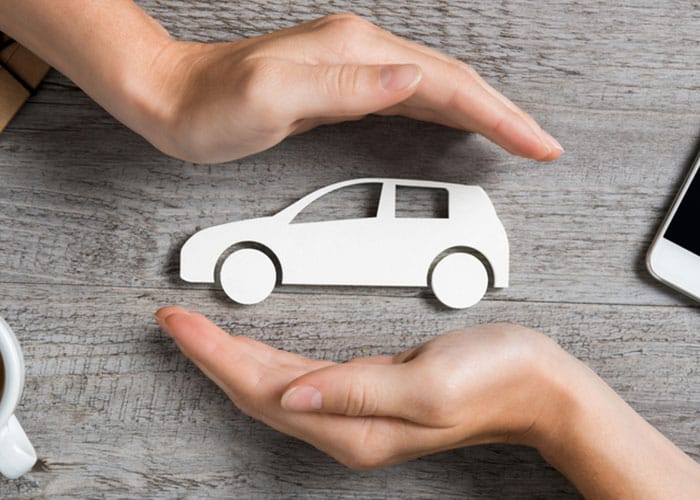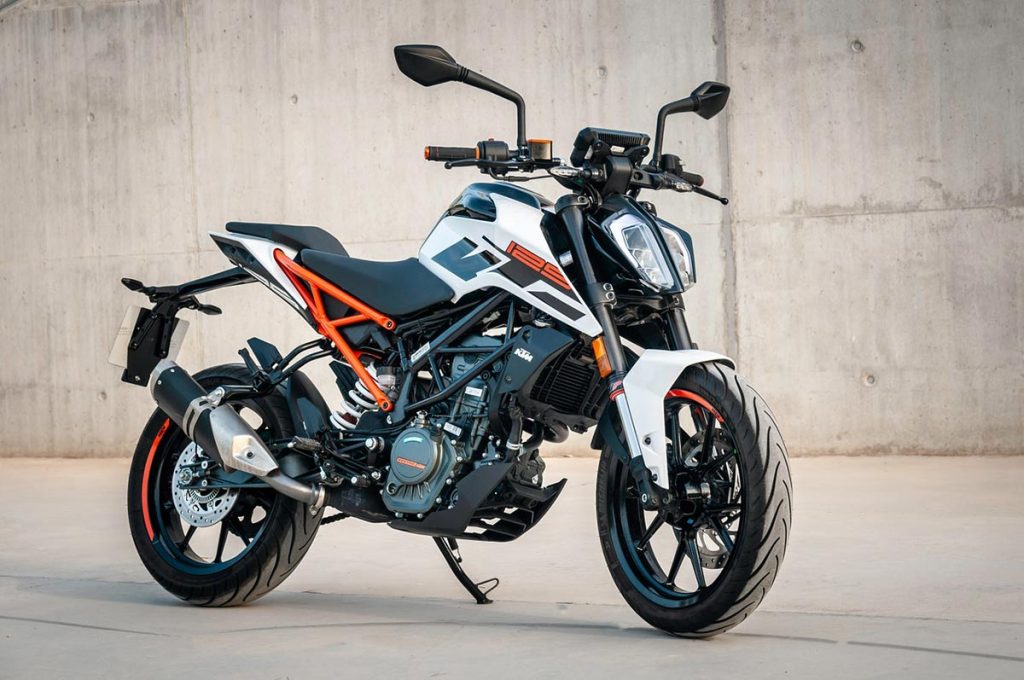When you take out an auto insurance contract, you want to find out about the guarantees it includes. Their nature determines the extent of the coverage that protects you. If some are optional, there is a mandatory guarantee in your car contract. This is civil liability, better known as third-party insurance, which covers you in the event of damage caused to others.
Summary
What does civil liability cover?
Civil liability, or third-party insurance, is the minimum guarantee that any owner of a vehicle must take out. It is made compulsory by law.
Civil liability covers all damage that the driver of the vehicle may have caused. This includes both bodily injury and property damage.
Civil liability therefore arises in the context of an accident for which the driver is responsible. This compulsory guarantee therefore only covers damage caused to others, hence its name third-party insurance.
It in no way protects the driver himself or his car from the consequences of an accident that he may have caused. It also does not protect it from theft or vandalism, for example. If he wants broader protection, he will have to apply to his insurer for a contract providing for more extensive guarantees.
It should be remembered that if the driver insured by third party is the victim of an accident for which a third party is held responsible, he will be compensated by the insurance of this person.
It should be noted that if the motorist who caused the accident is only an occasional driver of the vehicle, the civil liability of the owner of the car still comes into play. In other words, it is his insurance that will cover the damage caused by the driver of the loaned vehicle.
This civil liability applies even in the case of an unauthorized driver, your insurance then addressing that of this driver.
Which vehicles are affected?
In general, any owner of a vehicle must take out civil liability insurance. This definition is understood in the broad sense.
It obviously concerns cars, passenger cars and utility vehicles, but also two- or three-wheeled vehicles, such as motorcycles, scooters or quads.
Even driving carts that can be driven without a license must be accompanied by this compulsory insurance. It should be noted, for the record, that the drivers of certain mowers, equipped with a seat, must take out third-party insurance.
The vehicles concerned are, of course, those which circulate, but also those which are parked on the public road. If, for lack of having applied the handbrake, your vehicle damages another, your civil liability comes into play.
Public liability : who is covered?
In the event of an accident caused by a third-party insured motorist, the driver and passengers of the damaged vehicle are compensated for civil liability.
But other people can benefit from these compensations. This is the case of pedestrians or cyclists who could be victims of the accident.
If it damages property, such as a building wall or a store window, their owners will also be compensated under the civil liability of the driver responsible for the accident.
Civil liability also covers damage caused to the occupants of a house damaged by your vehicle or to those of a parked car.
It should be noted that the victims of an accident caused, not by the driver, but by one of his passengers, throwing, for example, an object through the window of the vehicle, will also be compensated.
Warranty exclusions
In some cases, however, third-party insurance does not come into play. The driver of the vehicle that caused the accident will then have to compensate the victims out of his own money.
Among the cases of exclusion of guarantee, we can note the situation in which the driver causes the accident in an intentional way. The insurer will also not compensate the victims of the accident if the person who caused it was driving without a licence.
This will still be the case if the driver was transporting hazardous materials.
Why choose third party insurance?
Despite its limitations, third-party insurance can be attractive for some motorists. This is primarily the case for those who do not want or cannot devote a large budget to their vehicle.
Indeed, civil liability insurance remains the least expensive option. However, there are disparities in prices, depending on the region of residence, the type of vehicle or even the profile of the driver.
Drivers of old or used cars may also have an interest in settling for third-party insurance. As compensation is based on the value of the vehicle, the motorist concerned will receive sums sometimes lower than the amount of his contribution. It should be remembered, in this regard, that the value of a vehicle decreases significantly beyond five years.
The same reasoning applies to a driver victim of a malus, who, because of the high level of his insurance contribution, may have to choose the more economical formula of third-party insurance.
Read also: Insuring a Renault vehicle: the elements to take into account





